How much does a piece of aluminum weigh?
Is aluminum an abundant metal in nature? It is also one of the more widely used metals. The widespread use of aluminum metal benefits from the characteristics of aluminum. One of the important characteristics is the weight of aluminum. Aluminum metal is among many metals. Its lighter weight and higher strength make aluminum more widely used.
The density of aluminum determines the direct weight of aluminum metal. Through density comparison, we can directly see the lower density of aluminum metal.
Density comparison of common metals
| Metal density comparison table | ||
|---|---|---|
| Metal | Density (g/cm³) | Density (kg/m³) |
| Aluminum(Al) | 2.70 | 2700 |
| Copper(Cu) | 8.96 | 8960 |
| Iron (cast) | 7.20 | 7200 |
| Iron (wrought) | 7.85 | 7850 |
| Lead(Pb) | 11.34 | 11340 |
| Nickel(Ni) | 8.91 | 8910 |
| Silver(Si) | 10.49 | 10490 |
| Titanium(Ti) | 4.51 | 4510 |
| Zinc(Zn) | 7.13 | 7130 |
| Gold(Ag) | 19.32 | 19320 |
Among many metals, aluminum metal has a density of 2.7g/cm³, which is the lightest among most metals.
Factors affecting the weight of aluminum
What does aluminum weights have to do with it?
The low density of aluminum is the main factor affecting the weight, but there are also other factors that can cause the weight of the aluminum plate to change.
The weight of aluminum is related to many factors. The following are the main factors:
Volume: The weight of aluminum is directly proportional to its volume. The larger the volume, the heavier the aluminum.
Thickness: Thicker aluminum is heavier than thinner aluminum of the same size.
Size and shape: The weight of aluminum is also affected by the size and shape of the object. Larger or more complex shapes are generally heavier than smaller or simpler shapes.
Density: The density of aluminum also affects its weight. Density is the mass per unit volume, and the density of aluminum is approximately 2.7 grams/cubic centimeter. Different types and purities of aluminum may have different density values and therefore different weights.
Alloy composition: Other elements, such as copper, magnesium, silicon, etc., are added to aluminum alloys to change their mechanical properties and corrosion resistance. The type and content of alloying elements will affect the density and weight of aluminum alloys.
Heat treatment status: Aluminum alloys may undergo heat treatment during the manufacturing process, such as quenching, annealing, etc., to change their structure and properties. Different heat treatment states may have minor effects on the density and weight of aluminum alloys.
Surface treatment: Surface treatment of aluminum, such as anodizing, spraying, etc., although it will not change the density of the aluminum itself, it will increase the weight of the aluminum because these treatments will add an extra layer of material to the surface of the aluminum.
Manufacturing process: The manufacturing process and processing method of aluminum, such as casting, rolling, forging, etc., will also affect its weight. These processes affect the internal structure and dimensional accuracy of the aluminum, thus affecting its weight.
Temperature: The weight of aluminum is also affected by temperature, as it expands and contracts with changes in temperature.
In general, the weight of aluminum is related to multiple factors such as its volume, density, alloy composition, heat treatment state, surface treatment and manufacturing process.
Aluminum alloy weight table
Aluminum metal can be divided into aluminum sheet plate, aluminum coil, aluminum foil, aluminum circle, and aluminum strip according to the type of product. The calculation methods of different aluminum products will be different. Taking aluminum plates as an example, aluminum plates of different thicknesses and sizes vary greatly in weight.
How to calculate the weight of aluminum plate?
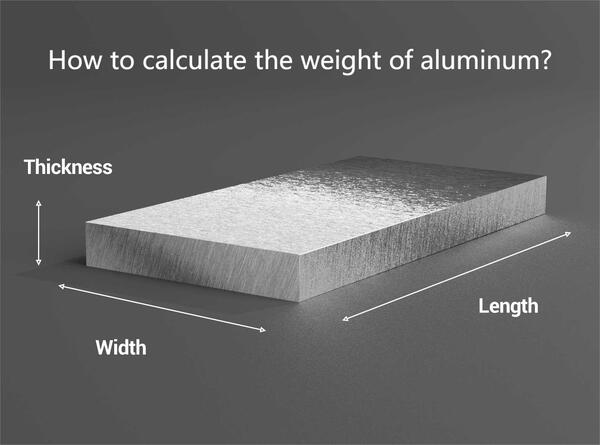
aluminum weight calculator
Aluminum weight calculator: weight = density x volume
| Aluminum Sheet Size | Thickness(mm) | Width(mm) | Length(mm) | Density(g/m³) | Weight(kg) |
| 4×8 aluminum weight | 0.2mm | 1220 | 2440 | 2.7 | 1.59 |
| 0.5mm | 1220 | 2440 | 2.7 | 3.94 | |
| 1mm | 1220 | 2440 | 2.7 | 7.93 | |
| 2mm | 1220 | 2440 | 2.7 | 15.87 | |
| 3mm | 1220 | 2440 | 2.7 | 23.9 | |
| 4mm | 1220 | 2440 | 2.7 | 31.74 | |
| 5mm | 1220 | 2440 | 2.7 | 39.67 | |
| 6mm | 1220 | 2440 | 2.7 | 47.61 | |
| 7mm | 1220 | 2440 | 2.7 | 55.54 | |
| 8mm | 1220 | 2440 | 2.7 | 63.48 | |
| 9mm | 1220 | 2440 | 2.7 | 71.41 | |
| 4×10 aluminum weight | 0.2mm | 1220 | 3050 | 2.7 | 2.02 |
| 0.5mm | 1220 | 3050 | 2.7 | 5.04 | |
| 1mm | 1220 | 3050 | 2.7 | 10.08 | |
| 2mm | 1220 | 3050 | 2.7 | 20.17 | |
| 3mm | 1220 | 3050 | 2.7 | 30.25 | |
| 4mm | 1220 | 3050 | 2.7 | 40.34 | |
| 5mm | 1220 | 3050 | 2.7 | 50.42 | |
| 6mm | 1220 | 3050 | 2.7 | 60.50 | |
| 7mm | 1220 | 3050 | 2.7 | 70.59 | |
| 8mm | 1220 | 3050 | 2.7 | 80.67 | |
| 9mm | 1220 | 3050 | 2.7 | 90.76 | |
| 5×10 aluminum weight | 0.2mm | 1525 | 3050 | 2.7 | 2.53 |
| 0.5mm | 1525 | 3050 | 2.7 | 6.32 | |
| 1mm | 1525 | 3050 | 2.7 | 12.65 | |
| 2mm | 1525 | 3050 | 2.7 | 25.29 | |
| 3mm | 1525 | 3050 | 2.7 | 37.94 | |
| 4mm | 1525 | 3050 | 2.7 | 50.58 | |
| 5mm | 1525 | 3050 | 2.7 | 63.23 | |
| 6mm | 1525 | 3050 | 2.7 | 75.88 | |
| 7mm | 1525 | 3050 | 2.7 | 88.52 | |
| 8mm | 1525 | 3050 | 2.7 | 101.17 | |
| 9mm | 1525 | 3050 | 2.7 | 113.82 |
Weight per cubic inch of aluminum
What is weight of aluminum per cubic inch? The weight of aluminum per cubic inch is approximately 0.0975 pounds.
Weight of aluminum per cubic foot
The weight of aluminum per cubic foot is approximately 168.5 pounds.
Aluminum weight per square foot
he weight of aluminum per square foot will depend on the thickness or gauge of the aluminum sheet.
For example, a 1/8 inch thick aluminum sheet weighs approximately 0.72 pounds per square foot.
Here are some other common thicknesses and their corresponding weights per square foot:
- 1/16 inch thick aluminum: 0.36 pounds per square foot
- 1/4 inch thick aluminum: 1.44 pounds per square foot
Please note that these values are approximate and may vary slightly depending on the specific alloy and grade of aluminum.
Do all aluminum weigh the same?
Aluminum can be divided into two types: pure aluminum and aluminum alloys. Pure aluminum refers to aluminum elements without other metal impurities. Its purity is usually above 99%, which is the highest purity among aluminum products. Pure aluminum has good electrical conductivity, thermal conductivity and toughness, so it is widely used in the manufacture of wires, cables, aircraft parts, furniture, etc. Aluminum alloy is an alloy made by mixing aluminum with other metal elements. Common alloy elements include copper, magnesium, manganese, zinc, etc. It has excellent strength, corrosion resistance and processability. Aluminum alloy is also heavier than pure aluminum.
Is there any difference in the weight of pure aluminum?
According to the content of aluminum and other elements in the aluminum alloy, pure aluminum is divided into three categories: high-purity aluminum, industrial high-purity aluminum and industrial pure aluminum according to its purity, while aluminum alloys can be divided into two categories: deformed aluminum alloy and cast aluminum alloy. Deformed aluminum alloy has good plasticity and is suitable for pressure processing. Cast aluminum alloys are divided into four types according to the main alloying elements added: aluminum-silicon series, aluminum-copper series, aluminum-magnesium series and aluminum-zinc series. There will also be a difference in weight between pure aluminum.
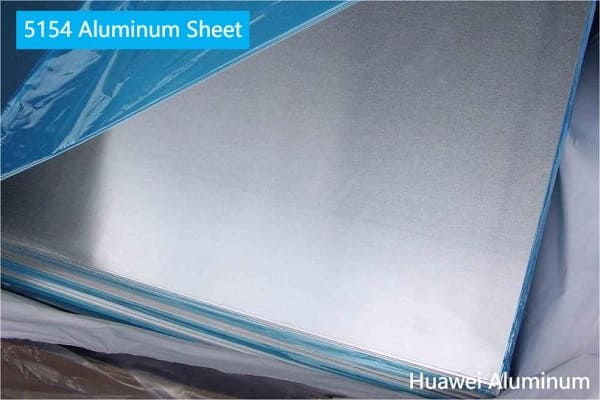
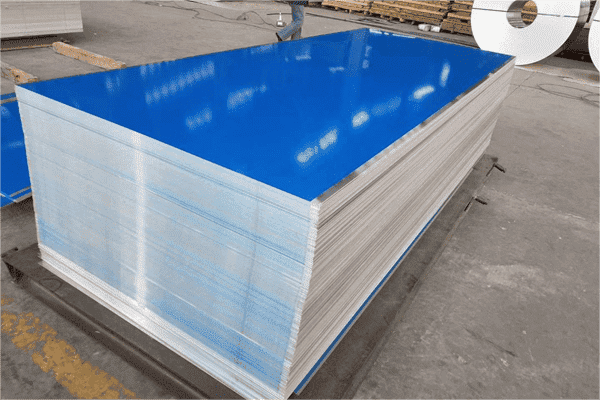
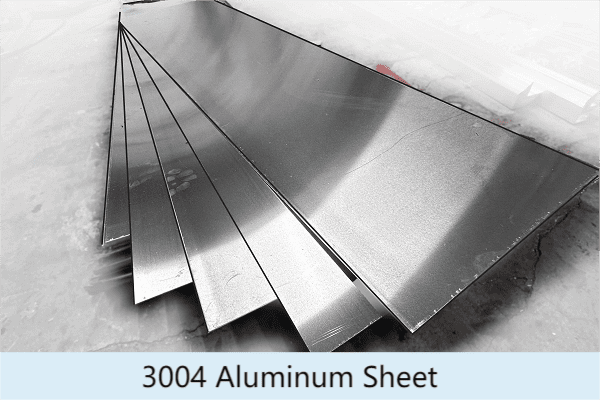
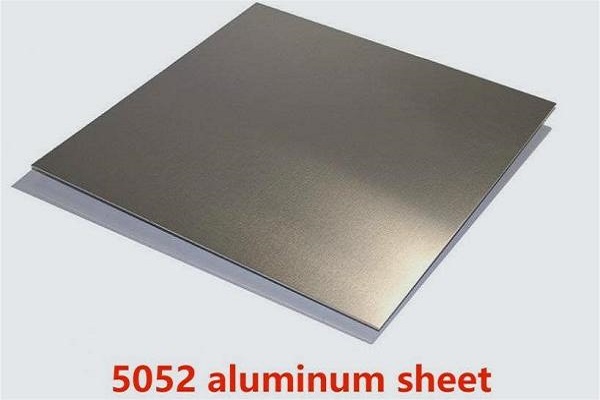
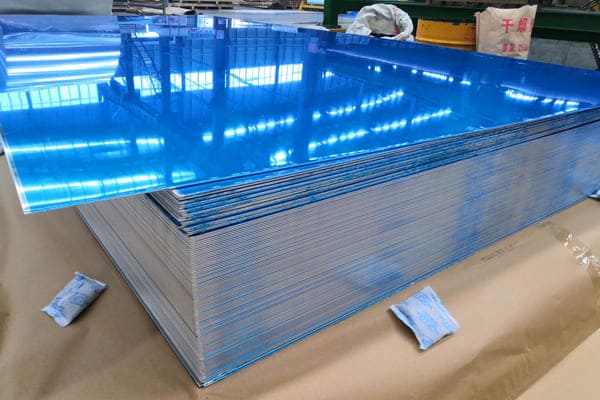

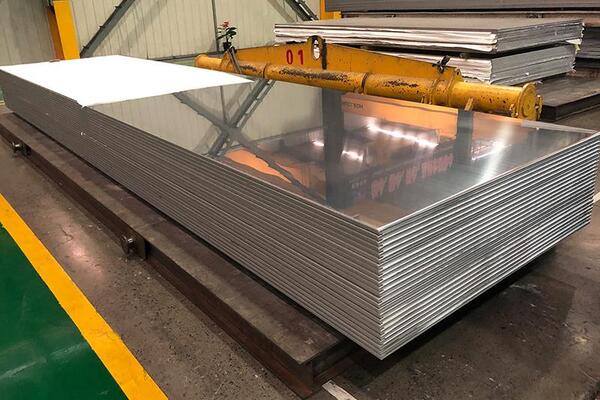
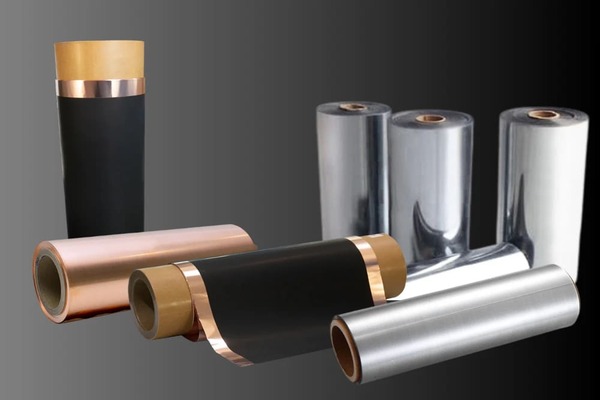
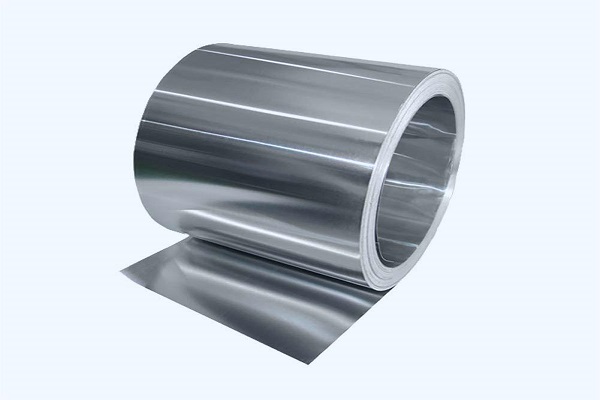
Leave a Reply